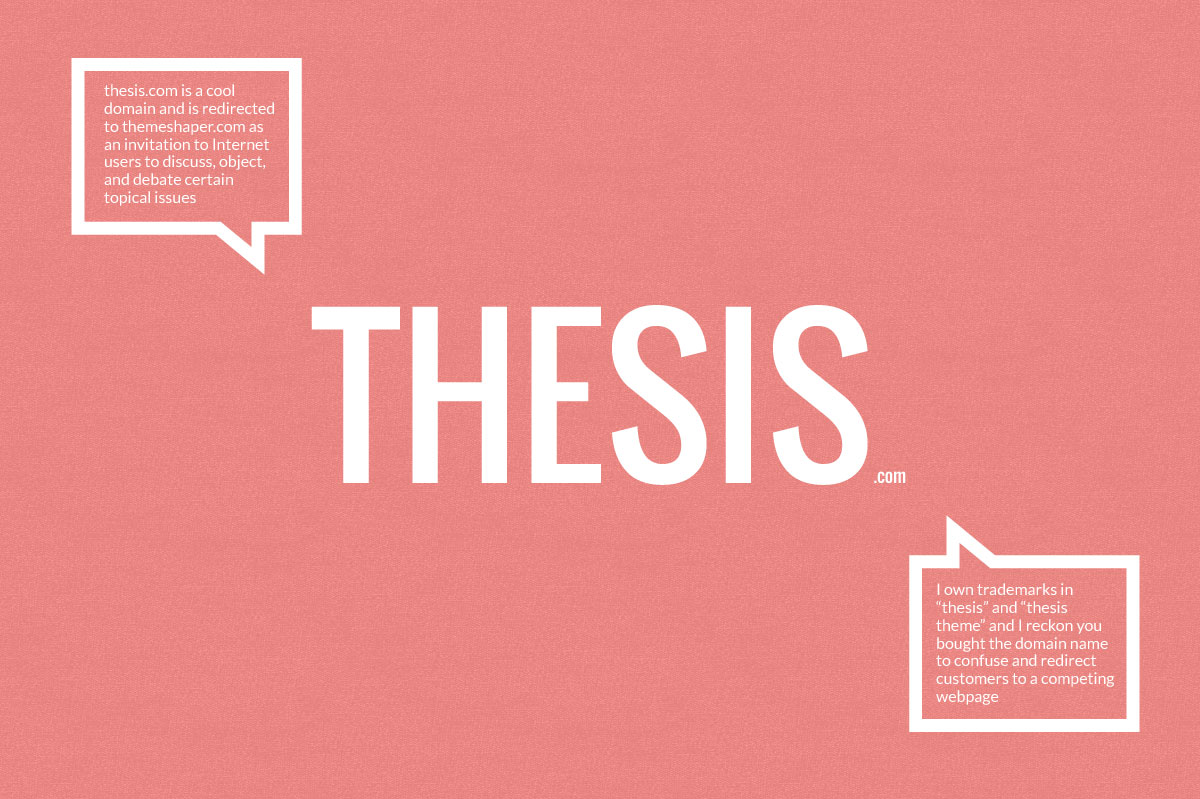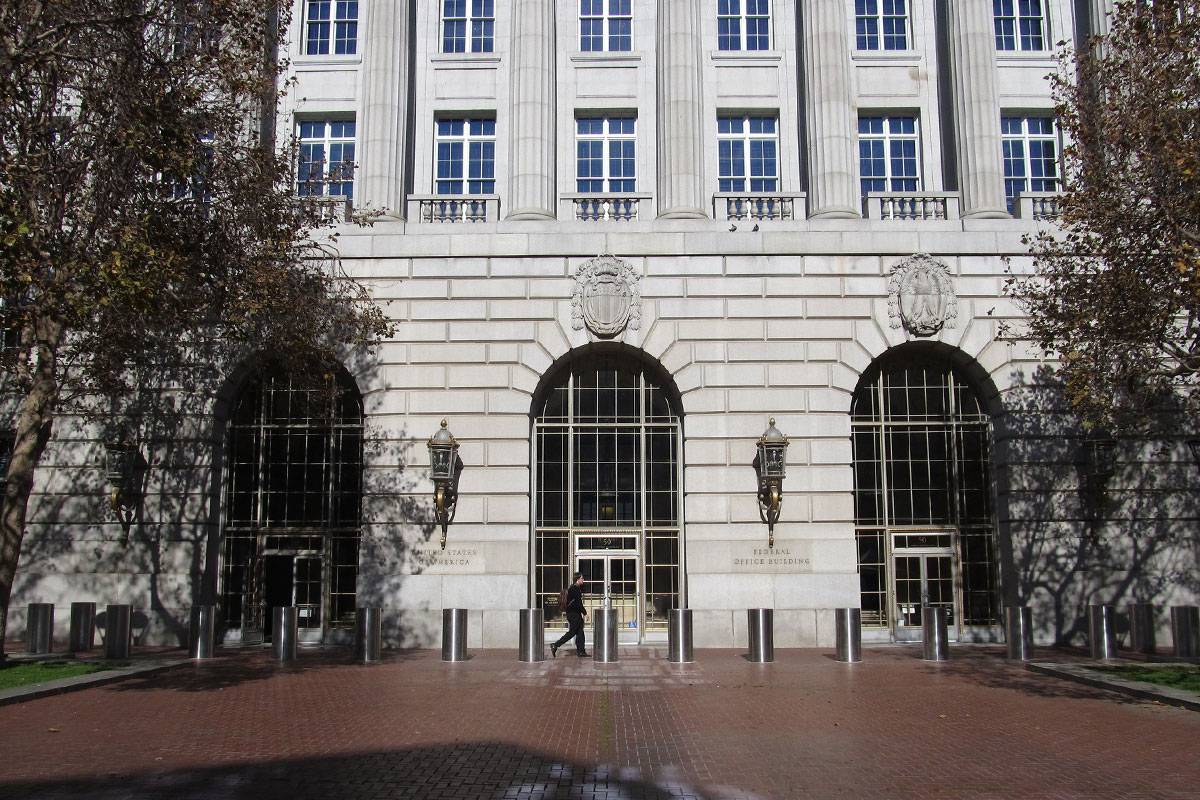Pearson v Automattic: Did Automattic succeed by the skin of its teeth?
Focus of this post As many in the WordPress community will know by now thanks to Jeff Chandler’s helpful post on the case, recently Chris Pearson was unsuccessful in his complaint against Automattic regarding its purchase of the thesis.com domain name. Pearson had sought to have the domain transferred to him. I want to say a few things about this case but I’m not going to get emotional about it nor will I publish any comments that come across as hostile, abusive or potentially defamatory. My interest is to point out a few things that do not seem prominent in the discussions I’ve seen to date and to do so from a hopefully dispassionate legal perspective. Facts The key facts seem to be these: Many years ago, Chris Pearson developed a theme for WordPress called Thesis. When released, Pearson did not license Thesis under the GPL. In due course, there was heated if not acrimonious debate between Matt Mullenweg and Pearson as to the licensing of Thesis. Mullenweg argued that Thesis should be licensed under …

